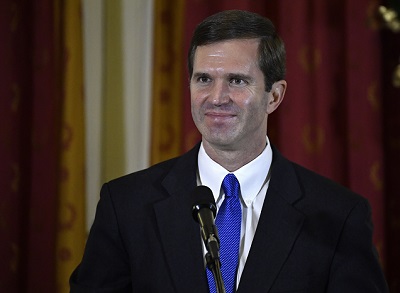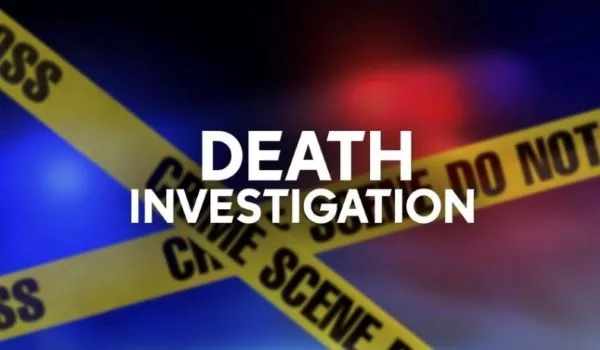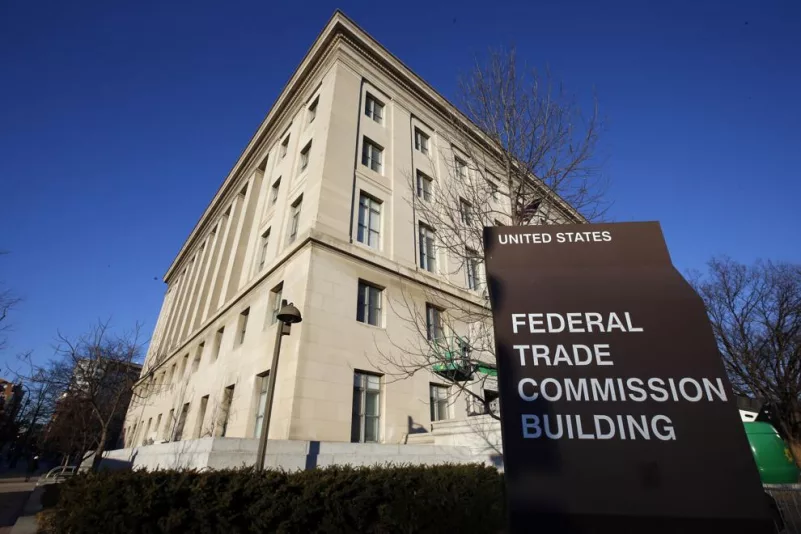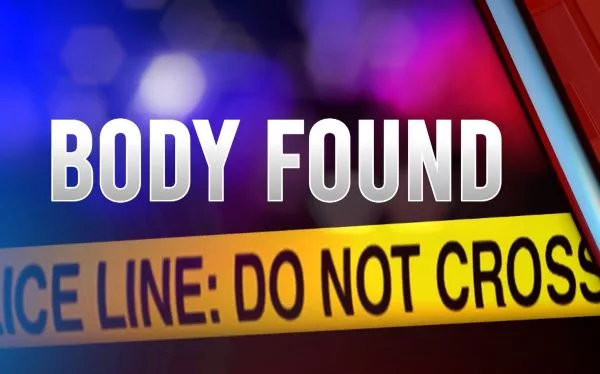
In a unanimous decision, the Kentucky Supreme Court on Thursday upheld Gov. Andy Beshear’s power to issue executive orders during the coronavirus pandemic, reversing a lower court ruling.
A lawsuit was filed in June at Boone Circuit Court by three northern Kentucky businesses: Florence Speedway, Bean’s Café and Bakery and Little Links to Learning, a daycare center. The suit was not filed due to their forced closure when the state of emergency was declared, but due to limitations when they were allowed to re-open.
They sought to, for example, increase the number of children at the daycare from 10 to 15 per room, allow back-to-back seating at a distance of 3.5 feet, and ban closures of businesses who violate the mandatory wearing of masks.
Attorney General Daniel Cameron’s office also intervened, saying parts of the state law allowing the governor to issue executive orders were unconstitutional.
Boone Circuit Judge Richard Brueggemann, after a hearing, indicated he would support the plaintiffs in the suit, so the Governor’s office asked for a stay of that order and appealed the case directly to the Supreme Court.
La Tasha Buckner, Beshear’s General Counsel and chief of staff, argued the governor’s orders follow guidance from both state and federal public health officials, and that the wearing of masks has helped combat COVID-19, citing a University of Kentucky study. “It has shown that thousands of lives have been saved by this measure,” she told the justices, adding, “The appellees want to gut the Governor’s ability to take action during an emergency.”
Cameron’s Solicitor General, Chad Meredith, argued, that while the governor is not powerless to address COVID-19 and to act in an emergency, he can’t do whatever he wants. “This Court said in Fletcher v. Commonwealth, ‘Good intentions do not justify unconstitutional acts,’ and there have been a lot of unconstitutional acts over the last six or seven months.”
In their more than 100-page opinion, authored by Justice Lisabeth Hughes, the High Court addressed five basic questions.
1). Did the Governor properly declare a state of emergency and validly invoke the emergency powers granted to him in Kentucky revised Statutes Chapter 39A?
Their answer: “Yes. KRS 39A.100 authorizes the Governor to declare a state of emergency in the event of the occurrence of any of the situations or events contemplated by KRS 39A.010, which includes biological and etiological hazards such as the COVID-19 pandemic.”
They added, the General Assembly acknowledged the state of emergency in March 2020, by passing Senate Bill 150.
2). Is KRS Chapter 39A with Its provisions regarding the Governor’s powers in the event of an emergency an unconstitutional delegation of legislative authority in violation of the Separation of Powers provisions of Sections 27 and 28 of the Kentucky Constitution?
The justices said, “No. The Kentucky Constitution does not directly address the exercise of authority in the event of an emergency except as to those events requiring the military, the Governor being the ‘commander-in-chief of the army and navy of this Commonwealth and of the militia thereof.’ Ky. Const. § 75. However, our Constitution, which provides for a part-time legislature incapable of convening itself, tilts toward emergency powers in the executive branch.”
They noted, “KRS Chapter 39A is a lawful delegation of that power with sufficient standards and procedural safeguards to pass constitutional muster. Kentucky has recognized the lawful delegation of legislative powers for decades, and we decline to overrule that precedent, especially in circumstances that would leave the Commonwealth without day-to-day leadership in the face of a pandemic affecting all parts of the state.”
3). Was the Governor required to address the COVID-19 emergency solely through emergency regulations adopted pursuant to KRS Chapter 13A?
The Court stated, “No. The General Assembly has specifically authorized the Governor in KRS 39A.090, .100 and .180 to act through executive orders and regulations that supersede ‘[a]ll existing laws, ordinances, and administrative regulations.’ KRS 39A.180(2). KRS Chapter 13A is not controlling in the event of a declared emergency pursuant to KRS 39A.010(1).
“In any event, the procedural safeguard of public notice is satisfied because KRS 39A.180 mandates that all emergency orders and administrative regulations issued by the Governor or any state agency ‘shall have the full force of law,’ when ‘a copy is filed with the Legislative Research Commission,’ just as occurs under KRS Chapter 13A.”
4). Do the challenged orders or regulations violate Sections 1 or 2 of the Kentucky Constitution because they represent the exercise of “Absolute and arbitrary power over the lives, liberty and property” of Kentuckians?
The justices replied that only one part of one order, which has since been changed, was a violation.
“The challenged orders and regulations have not been established to be arbitrary, i.e., lacking a rational basis, except for one subpart of one order regarding social distancing at entertainment venues that initially made no exception for families or individuals living in the same household.
“Executive orders in emergency circumstances, especially where public health and safety is threatened, are entitled to considerable deference by the judiciary. During the course of this litigation, several of the orders and regulations at issue were superseded or changed, rendering some of the challenges moot.”
5). Did the Boone Circuit Court properly issue injunctive relief prohibiting enforcement of the Governor’s orders or regulations?
Their answer was, “No. Injunctive relief requires that a plaintiff prove irreparable injury, establish that the equities favor issuance of the injunction and raise a substantial question on the underlying merits, defined as a substantial possibility that the plaintiff will ultimately prevail.
“Given our conclusion regarding the lawful manner in which the Governor has responded to the COVID-19 emergency, Plaintiffs have not raised a substantial question on the merits with respect to their insistence that the Governor must first contact and defer to local emergency response agencies pursuant to KRS 39A.020(12); their separation of powers argument; their claim that KRS Chapter 13A controls issuance of all executive orders and regulations; or their argument that the Governor has exercised arbitrary powers in violation of Sections 1 and 2 of the Kentucky Constitution.”
By Tom Latek, Kentucky Today








